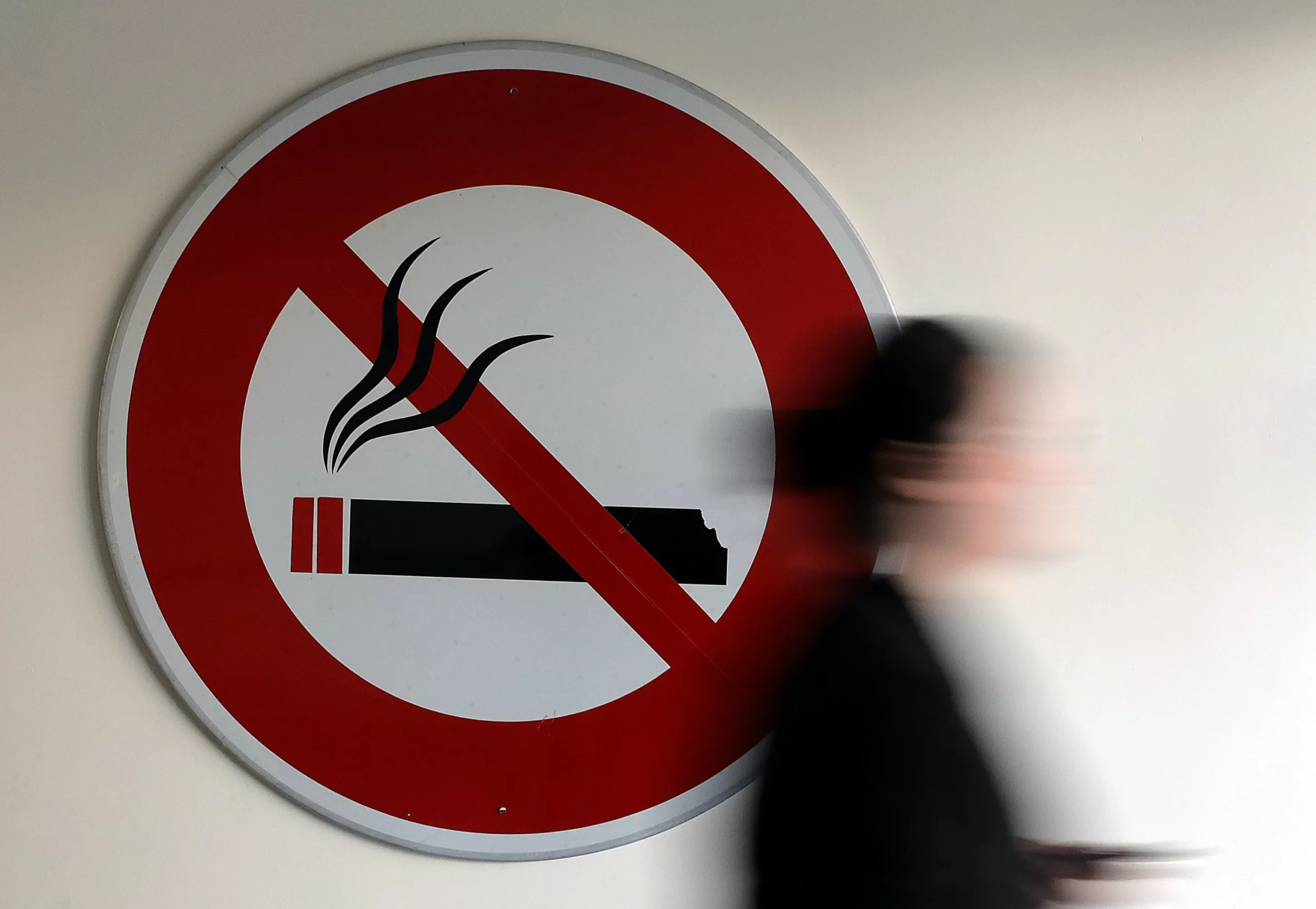France takes a bold step towards protecting the health of its children by announcing a nationwide ban on smoking in all outdoor areas commonly used by children. This includes beaches, parks, and bus stops, where children are often exposed to harmful secondhand smoke. The decision, made by the health and family minister, is a significant move towards creating a smoke-free environment for the younger generation.
In an exclusive interview published by a leading newspaper, the health and family minister of France, Olivier Veran, announced the ban on smoking in outdoor areas commonly used by children. This decision comes as a part of the government’s efforts to reduce the harmful effects of tobacco on children and create a healthier and safer environment for them.
The ban will cover all public spaces where children are likely to be present, such as beaches, parks, playgrounds, and bus stops. It will also extend to outdoor spaces of schools, colleges, and universities. The ban will be enforced by the local authorities, and those caught violating it will face strict penalties.
This move has been welcomed by health experts and anti-smoking organizations. They believe that the ban will not only protect children from the dangers of secondhand smoke but also discourage them from taking up smoking in the future. According to the World Health Organization, secondhand smoke contains more than 7,000 chemicals, of which at least 250 are known to be toxic and over 70 are known to cause cancer. By banning smoking in outdoor areas commonly used by children, France is taking a significant step towards safeguarding their health and well-being.
Moreover, this ban will also have a positive impact on the environment. Cigarette butts are a major source of litter on beaches and in parks, and by reducing smoking in these areas, the government aims to create a cleaner and greener environment for children to play and enjoy. It is estimated that cigarette butts take up to 10 years to decompose, and during this time, they release harmful toxins into the soil and water, posing a threat to the ecosystem.
The ban on smoking in outdoor areas commonly used by children is not the first anti-smoking measure taken by the French government. In 2007, smoking was banned in enclosed public spaces, including restaurants, bars, and workplaces. This was followed by a ban on smoking in cars with children under 12 years of age in 2015. The latest ban is a testament to the government’s commitment to protecting the health of its citizens, especially the younger generation.
Some may argue that this ban infringes on the personal freedom of smokers. However, the government’s priority is the health and well-being of children, and this ban is a necessary step towards achieving that goal. The ban is also in line with France’s efforts to reduce the prevalence of smoking in the country. According to a survey by the French Public Health Agency, the number of smokers in France has decreased from 29.4% in 2016 to 25.4% in 2020. This is a positive trend, and the ban on smoking in outdoor areas commonly used by children is expected to contribute to further reducing these numbers.
In addition to the ban, the government is also taking measures to promote smoking cessation. This includes providing support and resources for those who want to quit smoking and increasing awareness about the harmful effects of tobacco. The health and family minister also emphasized the importance of educating children about the dangers of smoking and the benefits of a smoke-free lifestyle.
In conclusion, France’s decision to ban smoking in all outdoor areas commonly used by children is a commendable step towards creating a healthier and safer environment for the younger generation. This ban not only protects children from the dangers of secondhand smoke but also contributes to a cleaner and greener environment. With this ban, France has set an example for other countries to follow in their efforts to reduce the prevalence of smoking and create a healthier future for children.






![Complete BritRail Pass Guide [Types, How to Use It, Pros + Cons]](https://inside-news.uk/wp-content/uploads/2025/06/00221EB4-BCA2-4DBB-6CD4-83DBC37D71FA-120x86.webp)















